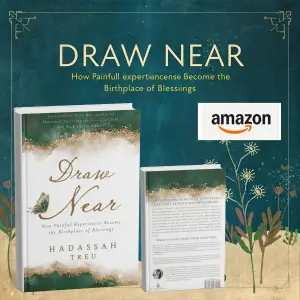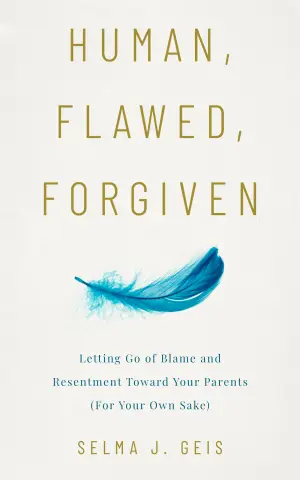Book Review: The Other Sister by Jessica R. Patch
There’s something undeniably captivating about stories centered around family secrets, particularly when they delve into the complexities of estrangement and trauma. The Other Sister by Jessica R. Patch practically leaped off the shelf (or rather, my digital library) and into my reading queue, not just because of its gripping title, but due to the promise of a psychological exploration of sisterhood. The minute I read that it revolves around Charlotte Kane, a woman grappling with her troubled past and an estranged twin sister, I was hooked. I knew I was in for a unique journey.
At the heart of the story lies Charlotte, who has navigated through a childhood marred by her mother’s addiction and the instability of foster care. This background is both poignant and unsettling, beautifully capturing the internal chaos that often comes with such formative experiences. When Charlotte discovers the shocking news of her mother’s overdose and the existence of her twin sister, Acelynn, who seemingly embodies everything she has longed for, the narrative unfurls in some gripping twists.
What I found particularly striking were the themes of identity and the exploration of “good” and “evil.” Acelynn represents a life that Charlotte dreams of, yet the story carefully peels back the layers to expose the darker truths lurking beneath the surface, leading to an unsettling exploration of the human psyche. There’s a prevalent theme of secrets, each character concealing their own truths, which adds to the suspense but also the discomfort of the narrative. Indeed, as the plot reveals itself, it becomes clearer that not everything is as it appears—creating a gripping tension that keeps you turning the pages.
Patch’s writing is commendable; her prose is sharp and evocative, drawing vivid pictures of the characters’ emotional landscapes. The pacing is well-executed, building suspense without losing the reader’s investment in the characters’ journeys. However, while I applaud her storytelling abilities, I must admit that parts of the content felt jarring. The book incorporates some darker themes that raise questions about its classification, especially for readers who seek out Christian literature. It straddles the line between genres in a way that may alienate some readers, including myself at times. Notably, a certain theme introduced towards the end left me feeling uncomfortable and questioning the necessity of that element within the broader narrative.
As I flipped through the pages, I often paused to reflect on the moral implications woven throughout the story. While the absence of profanity is a positive aspect, the unsettling themes are hard to overlook. Phrases like “the diary of a mother with a child that possesses evil within her” stuck with me, resonating long after I’d set the book down. It’s a vivid line that encapsulates the dark twist of the narrative—one that is both haunting and hard to digest.
In conclusion, The Other Sister presents a compelling blend of psychological thrills and emotional depth that may appeal to fans of the genre looking for complex characters and intricate plots. However, I would recommend approaching this read with caution—particularly for those seeking traditional Christian narratives. Despite my discomfort with certain themes, I appreciated Patch’s adeptness at storytelling and her ability to keep me engaged until the final page. This book will undoubtedly resonate with readers drawn to intense familial dramas intricately laced with suspense, crafting a reading experience that is both enriching and thought-provoking.






